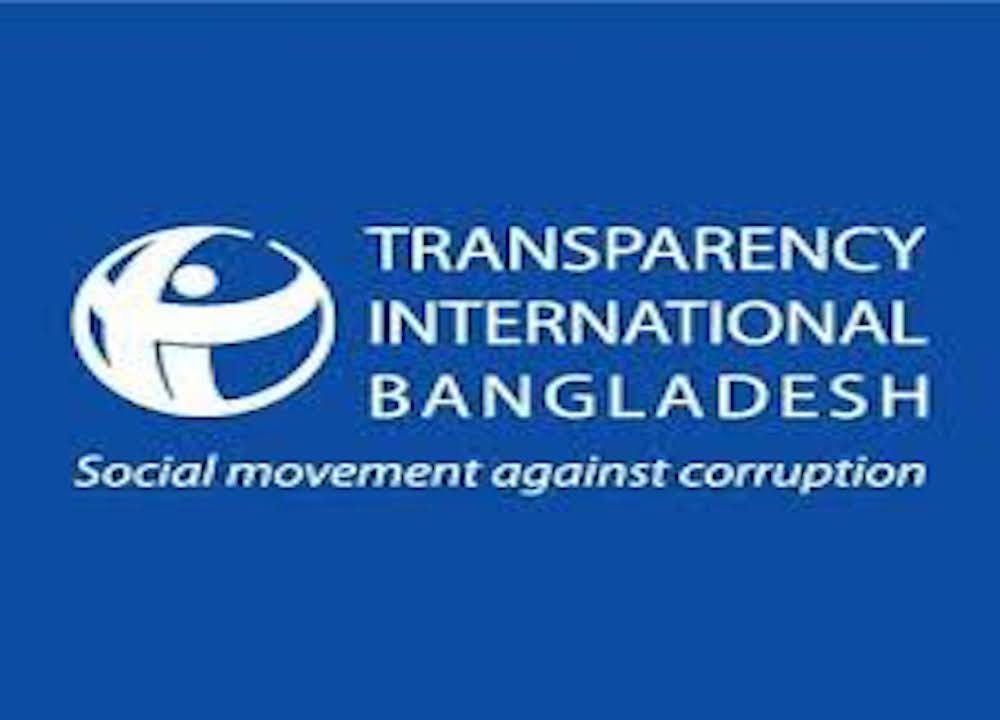
Netra News Jun 15 2020

Today, June 15th, the anti-corruption organisation, Transparency International, published a detailed report on Bangladesh government’s management of the Covid-19 crisis, including scrutiny of 47 hospitals in 38 districts. Reading the Executive Summary, Netra News identified these 24 points which caught our attention — some are well known, others less so
Committees
1. The government only formed the technical committee with specialist doctors on April 18th, a month and a half after the onset of infection.
2. Although The Disaster Management Act, 2012 provides for the formation of a National Disaster Management Council headed by the Honourable Prime Minister, it was not formally constituted.
Testing
3. Until March 25th, only one laboratory was undertaking testing.
4. Now, with 85 PCR machines in 60 laboratories, 24,000 tests per day are possible. But in the last 14 days only 13,695 samples were tested on average per day.
5. There is a lack of skilled manpower in collecting samples and running PCR machines. In many cases the samples become unusable due to the collection of samples by other health workers.
Adequacy of hospital care
6. 23% of designated hospitals are accused of not providing adequate medical care to corona patients, including; not providing treatment; physicians and nurses not going near patients; health workers leaving food packets outside the door; patient’s room not cleaned; oxygen supply not provided in time; keeping both men and women in the same isolation room.
7. Some hospitals do not have trained doctors or nurses to manage ICU beds or care for the sick. The required number of doctors and other health workers have not been added in the dedicated hospitals.
8. In 78% of hospitals only a minority of medical staff in the hospital received training.
9. According to a survey conducted by BGNS and SNSR, two nurses’ organisations, 86 percent nurses have not received any training on infection and prevention control.
10. Amongst hospitals researched, 75% lacked skilled human resource, 59% lacked adequate equipment and machines, 51% had low quality protective measures, 51% lacked specialist doctors, and 36% lacked protective measures.
11. Although health authorities claim that they have 399 Intensive Care Units, there are only 140 functional ICUs for Covid-19 patients all over the country.
12. On 26 March, the government claimed that they had 500 ventilators, but at the time there were in fact only 29 ventilators in 5 dedicated Covid-19 hospitals in the capital.
13. Now, only 190 ventilators have been allocated for the treatment of Covid-19 infected patients, of which 79 are in Dhaka and 111 in other district towns
14. Hospitals designated for the treatment of Covid-19 patients have deficiencies in central oxygen systems and oxygen cylinders, monitors, pulse oximeters, defibrillators, ECG machines, portable ventilators, ACs, dehumidifiers, etc.
15. As of June 14th, the government claims to have distributed 2.3 million pieces of Personal Protective Equipment across the country, according to which each of the 75,000 health workers was supposed to have received at least 30 sets, but many health workers still have not received a single piece of PPE. All physicians belonging to 25% hospitals and nurses and other workers belonging to 34% hospitals have not received any PPE.
16. Amongst hospitals included in this study, 64% said that the protective gear supplied did not match the standard set by WHO.
Relief
17. There was no plan for financial allocation for 50 million unemployed day labourers and workers in the informal sector. The allocation to ensure food security was also insufficient — only 10 per cent of the boro paddy was announced to be procured.
18. In 82% of the areas covered in the survey, there were allegations of giving partisan political considerations in the preparation of the list of beneficiaries. In all the areas, allegation of corruption were raised about the distribution of the Tk 2,500 cash support for the ultra poor.
19. The corona virus generates 14,500 tons of infectious medical waste used by health workers and the public. Only half of the hospitals which were part of the study burnt waste. There is no facility for medical waste management in four city corporations.
Equipment issues
20. There is corruption in the purchase of medical supplies with only a few senior officials knowing what is going on. Costs were not mentioned even in written work orders and as a result protection materials were supplied with a much higher cost.
21. Despite a plan to import ventilators with the help of World Bank, it was not possible to issue the work order in 12 weeks due to lack of transparency and alleged corruption in the procurement process.
Surveillance and action against journalists
22. A surveillance cell was formed by the Ministry of Information to monitor 30 private television channels of the country to prevent propaganda/ rumour. Although the decision was later withdrawn, the surveillance continued.
23. Sixty-seven cases were filed against 37 journalists for disseminating news of theft and embezzlement in relief distribution in different parts of the country.
Death numbers
24. Information of all the deaths from the corona virus is not available, as information of people who did not test, or did not report the death to the authorities in the home quarantine are not included in the official data.

putting aside the objectionable nature of that opinion, what kind of idiot would think it was a good idea to share it publicly, given that they were working in a reasonably high-profile position? it’s also incredibly callous to think that floyd’s criminal past (which was admittedly pretty serious) justified his murder – particularly given that it was murder via slow, agonising suffocation. go to this SITE for more INFO just copy and paste…………..
HERE► WWW.GOCASH9.COM